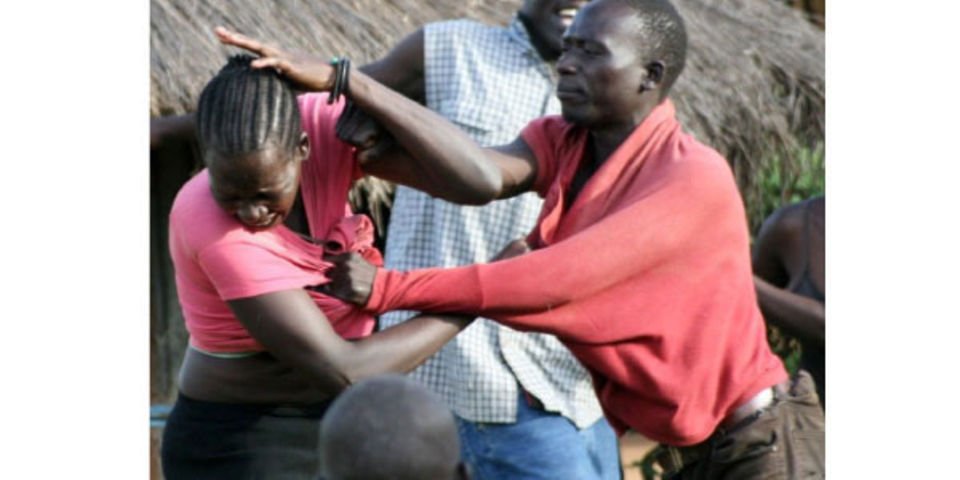Uganda loses Shs31 trillion annually to gender-based violence – Report

A new report on budgeting for peace released by the Forum for Women in Democracy (FOWODE) has revealed that Uganda incurs substantial economic losses due to gender-based violence (GBV). The country loses an estimated Shs31 trillion annually as a result of the socio-economic impact of violence against women and girls.
The report indicates that these costs arise as individuals and households divert their hard-earned income to cover expenses related to post-violence services. These include sexual and reproductive health services, treatment for sexually transmitted infections (STIs), abortion care, miscarriage management, legal aid for rape, defilement, and divorce cases, and survivor protection measures.
Patricia Munabi, Executive Director of FOWODE, expressed concern that despite the existence of policies and laws aimed at preventing and addressing GBV, Uganda continues to allocate significant resources to manage its consequences. She emphasized the urgent need for increased government investment in combating violence against women and girls, noting that most of the current efforts in this area rely on funding from development partners.
“When a young girl gets pregnant, be it that they have been defiled or they have been married off early, it leads to them dropping out of school and it has a long-term effect on what they could have been able to do in terms of contribution to the economy,” Munabi said.
Speaking at the report’s launch in Kampala on Wednesday, Munabi highlighted the potential benefits of preventing GBV. She argued that by addressing the root causes of violence, the country could save the Shs31 trillion and allocate these funds to other development priorities, such as establishing health centers and schools.
“It is important that specific budget lines are introduced that can be easily tracked up to the end user in terms of dealing with issues of violence against women and girls. This is because of the outcome-based budgeting that our government adopted, we have found that costs are consolidated and it is difficult to track exact monies that are going towards addressing violence against women and girls,” Ms Munabi added.
Veteran politician and women’s rights activist Miria Matembe, a member of FOWODE, linked the increasing prevalence of HIV among women and girls to the rising number of violence cases against them.
“No wonder AIDS is there running, increasing as a result of this misconduct of abusing women and girls through sexual violence and traumatizing women. It’s terrible,” Ms Matembe said.
“Girls in this country are suffering, they can’t get jobs even when they are qualified and capable, when they go to get jobs, they are asked to deliver their bodies in exchange of jobs,” she added.







